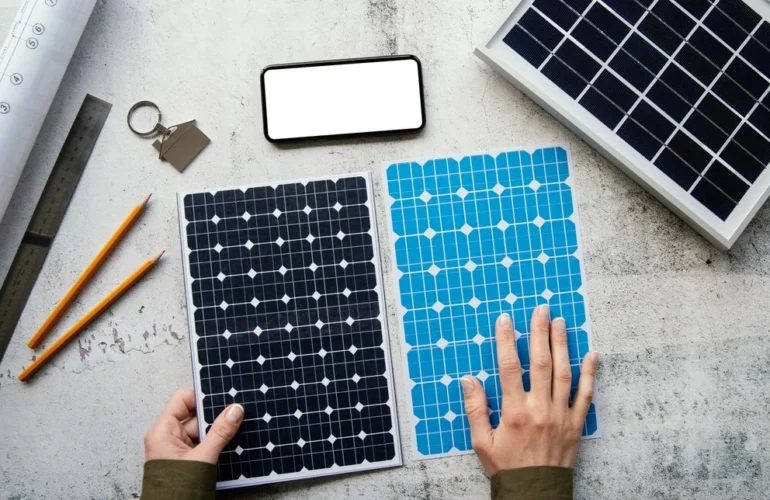In our ongoing quest for a cleaner, greener, and more autonomous energy future, solar energy emerges not just as a participant but as a key player. The boon of harnessing the sun’s power paves the way for a reality where energy independence isn’t just a lofty goal but an achievable reality.
The Dawn of Solar
Solar energy’s appeal lies in its simplicity and the abundance of its source—qualities that have long caught the eye of those looking to reduce dependence on fossil fuels. Unlike coal, oil, or natural gas, sunlight is a resource we receive daily across the globe, in generous amounts, and completely free of charge. This accessibility positions solar technology as a pivotal force in the global shift toward sustainable energy independence.
Financial Feasibility and Accessibility
One of the most significant strides in solar energy in recent years is its increasingly affordable nature. Economies of scale, technological advancements, and competitive supply chains have driven down the cost of photovoltaic (PV) panels, making solar installations an economically sound choice for individual households and businesses alike. This price reduction breaks down a formidable barrier, opening the doors to the widespread adoption of solar technology.
Energy Autonomy at Home and Beyond
Solar energy provides a straightforward path to energy independence on multiple scales. For homeowners, installing solar panels means diminishing reliance on the grid, protection from fluctuating electricity prices, and, in many cases, the ability to sell excess power back to the grid. On a larger scale, cities, islands, and even countries investing in solar infrastructure move closer to self-sufficiency, reducing their need for imported fuels and enhancing their energy security.
Environmental Impact
The environmental case for solar energy is compelling. With zero emissions during operation, solar installations significantly reduce the carbon footprint associated with power generation. They operate silently, pose minimal risk to the surrounding environment, and, unlike many traditional power plants, don’t consume vast quantities of water. By diminishing our reliance on fossil fuels, solar energy curtails pollution, mitigates the effects of climate change, and spearheads the transition to a sustainable energy future.
Innovation and Employment
Investment in solar energy not only accelerates our progress towards energy independence but also drives innovation and job creation within the clean energy sector. Research in solar technologies leads to improvements in efficiency, affordability, and integration capabilities, fostering a vibrant ecosystem of companies and job opportunities. This growth enriches economies and underscores the fact that environmental sustainability and economic vitality can go hand in hand.
Challenges to Overcome
Despite its promise, the path to widespread solar adoption is not without obstacles. Energy storage remains a critical challenge, as the sun doesn’t shine 24/7. Innovations in battery technology are making strides in addressing this, allowing for the storage of solar power for nighttime use and cloudy days, but broader implementation and further cost reductions are needed. Additionally, integrating large amounts of solar energy into the existing grid requires advancements in grid infrastructure and management to maintain reliability and efficiency.
The Way Forward
Navigating towards energy independence necessitates a multifaceted strategy, and solar energy is undeniably a linchpin in this approach. Continued investment, research, and supportive policies will be essential in overcoming the present hurdles. Incentives for solar panel installations, subsidies for research into more efficient technologies, and regulations favorable to renewable energy are critical for fostering the growth of solar power.
Bottom Line
The transition to a sustainable energy future where solar energy is a principal player offers a vision of the world where energy is not only clean but also more equitable and distributed. Achieving energy independence through solar means creating a resilient energy system that empowers communities, enhances national security, and preserves our planet for future generations.
The role of solar energy in achieving energy independence cannot be overstated. It is a solution that lies above us, generous and constant, waiting to be harnessed. With each solar panel installed, we take a step closer towards a future lit not by finite resources plundered from the earth, but by the infinite, glowing energy sent from the sky.




